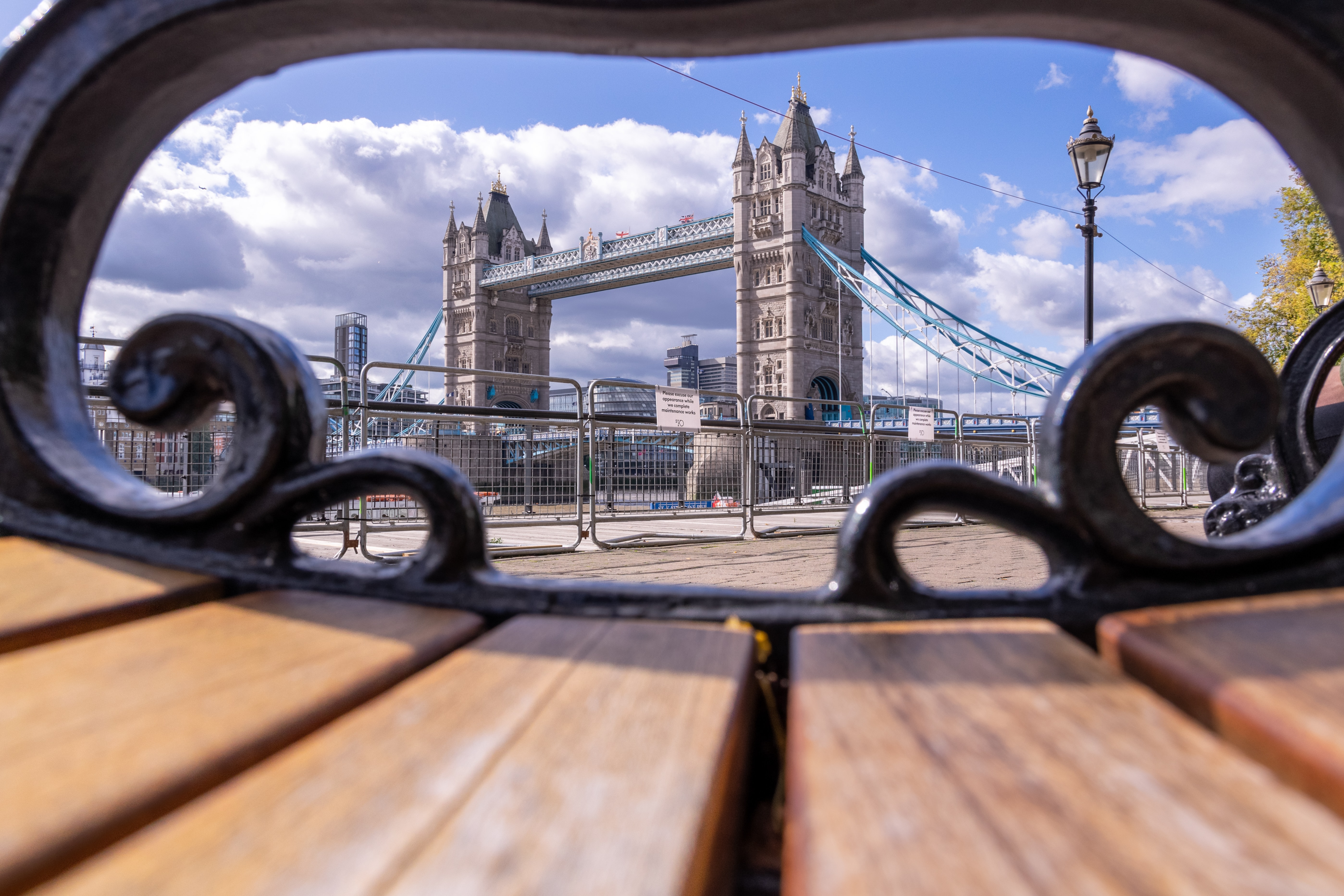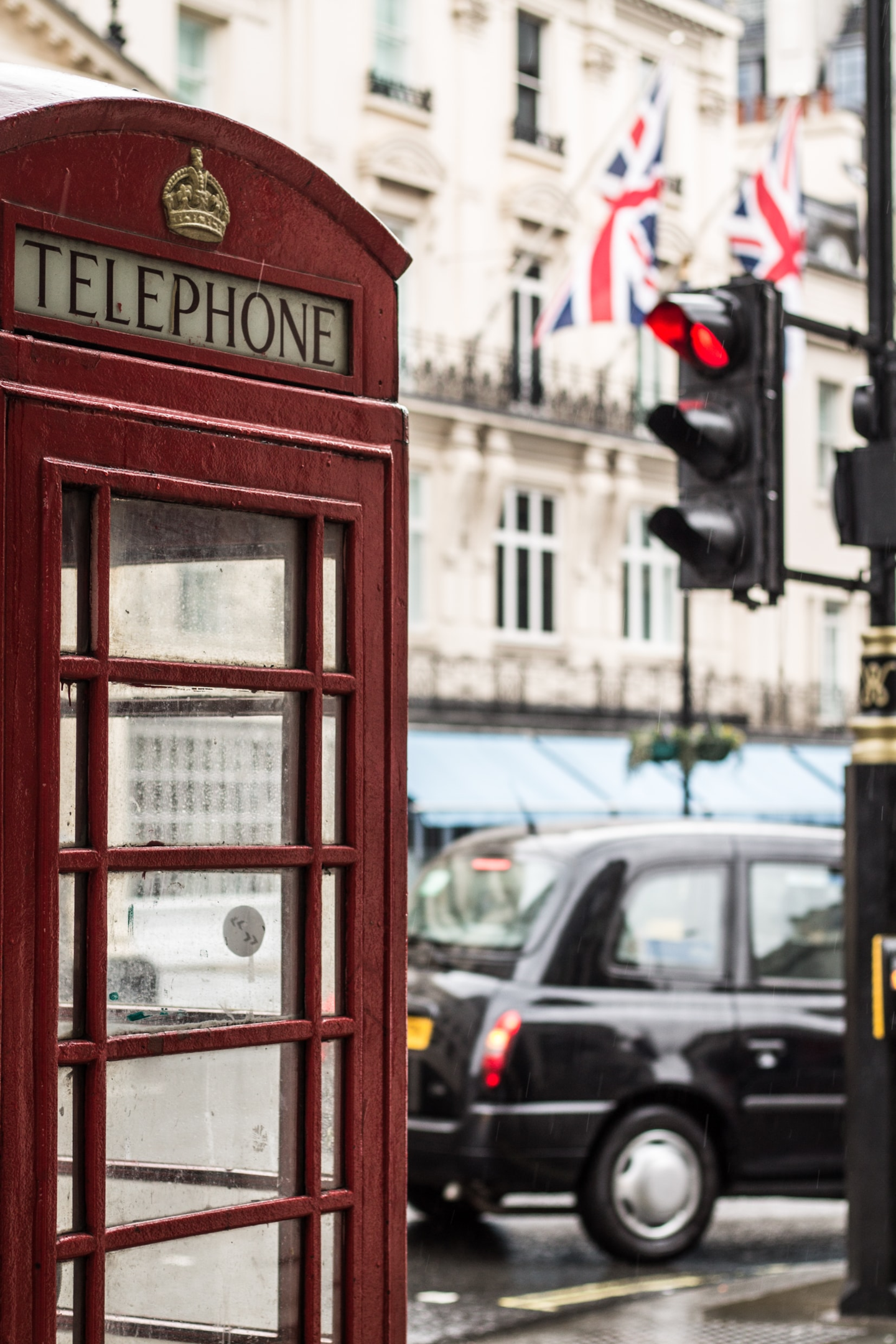English culture: Customs and rituals in England

It's no secret that England has some enthralling customs and rituals that are worth exploring. Common misunderstandings about English culture include that it has little to do with things like afternoon tea, the British monarchy, or good manners.
While these features of English culture enjoy widespread recognition, there is much more to English culture, and it is always evolving.
We can tell you that on a typical day, you won't just be discussing the weather, British food (Yorkshire pudding or English breakfast), but cultural differences, and the Royal family. This is all a part of the national identity of British people.
English Music
England has a long and storied history in the realm of musical excellence. Attending a concert is more popular than watching a soccer game in the UK and Northern Ireland.
Like the rest of Europe, Britain saw a rebirth of interest in its cultural heritage in the second half of the twentieth century. During its heyday in the '60s and '70s, this phenomenon was propelled in no small part by British pop music.
The term "English musical renaissance" refers to a fictional movement that supposedly occurred between the late 19th and early 20th centuries, when English composers, particularly those who taught or trained at the Royal College of Music, turned away from the continental European music they had been exposed to as children and began writing in a distinctively English style.
Famous composers of the United Kingdom
The contributions of Thomas Tallis, John Taverner, and William Byrd, composers prominent in the Anglican choral tradition of the 16th century, sometimes overshadowed the contributions of instrumental performers.
Using his ideas, Henry Purcell advanced the genre of semi-opera in significant ways. The music of George Frideric Handel was warmly received by the English public and the English royal court. For this reason, and the fact that he lived there for so long, he is generally considered to be an important character in British music.
In the nineteenth century, composers such as Edward Elgar and Arthur Sullivan gave English music a new lease of life. English folk songs were collected and adapted by composers like Ralph Vaughan Williams, while the century also witnessed the birth of internationally famous opera composers like Benjamin Britten and Michael Tippett.
English Folk music
Cecil Sharp was a forerunner in the English folk revival and a major figure in the movement's development. The Proms is a British summer event where classical music concerts are held daily. The Last Night of the Proms traditionally features patriotic music.
A new style era began in Liverpool in 1962.
Beatles were unprecedented, few famous artists really composed the songs they sang.
It's not always easy to tell England's culture apart from British culture as a whole. England, like its close continental neighbors of Scotland, Wales, and Ireland, has a culture that is unique and full of regional differences.
Learn about the country that has inspired many works of literature, film, and music as you indulge in a cuisine heavily influenced by its colonial past and laugh at our outrageous jokes.
British Imperialism
Britain's imperial past is reflected in the country's cultural heritage, notably the English. While this time period may not seem significant in the grand scheme of British and European history, it really served as the foundation for many features of modern English culture.
The British Empire was at its greatest extent in the early 19th century, covering almost the whole world.
The British Empire brought prosperity and conflict to England, shaping the country into what it is today. It has repercussions on our vocabulary, diet, architecture, and culture.
The English language
To say that the British Empire didn't have a part in making English the most dominant language on Earth would be an understatement. The English got several terms from the countries they conquered, including "bungalow," "pyjamas," "tea," "hammock," and "India."
The Old Norse and Old French, which the Vikings brought with them, had a major influence on the evolution of the English language (thanks to the Normans).
The elimination of the intermediary in international trade brought a deluge of foreign wealth and goods into England as the British Empire grew. Due to the establishment of new trade routes and colonial outposts, the center of power shifted from the East to the West. British society was largely impacted by the outcomes of World War II.
Thanks to imperialism, the British and Europeans now have access to fruits, vegetables, and spices that were previously unavailable. Over time, dishes from colonial countries made their way into Western cuisine. However, they were often adapted somewhat to suit European taste buds.

British traditions: Tea in the brewing process
The most apparent example of a cultural practice that dates back to the time of British colonial rule.
It's an understatement to say that the English are particular about the quality of their tea, which has led to the widespread stereotype that being English entails sipping tea while watching the BBC. Some people want their tea to be stronger than others, while others prefer it to be weaker.
Sugar and milk is a popular combination, although other individuals like it with just sugar or just milk. Honey and lemon juice are two more frequent, albeit disputed, flavor enhancers.
It wasn't until the late eighteenth century that tea became popular in England, even though it had been introduced in the 17th century.
Because of its medicinal properties, it was first marketed as a drink. Upper classes, Working class and middle class eventually warmed up to it (probably because of its cost). Since sugar was so uncommon back then, serving your tea with sugar was a sure sign of wealth.
The increased popularity of tea can be partly attributed to the middle classes, who have adopted it as a sign of social prestige.
Symbol of English culture and patriotism.
Since the British monopolized the production and import of both chocolate and coffee, the government of the British Empire urged its subjects to drink tea instead. This contributed to the widespread perception that tea was a symbol of English culture and patriotism.
Worker households drank a lot of tea since both the leaves and the sugar were cheap during this era. As a result, spirits were up and productivity maintained despite the chilly and wet conditions.
Numerous factors contribute to tea's continued popularity in modern era. Its advocates highlight the intangible advantages in addition to the allure of its flavor and modest caffeine content. It's a tradition in English culture to do things in this way.
The old saying that a cup of tea may solve any issue is a common expression in Great Britain.
Have a chill? It's quite comforting and will help you feel cozy. The outcome is pleasantly cool. Can you tell me if you're feeling sick? Tea is an excellent option for those looking to speed up the healing process. Can't seem to unwind despite your best efforts? Recent research suggests that drinking tea might help reduce stress.
You must experience "Afternoon Tea," the peak of the English tea tradition. This little meal, often consumed between the hours of 2 and 8, has quickly become a popular alternative to the traditional gap between lunch and dinner. Having a cup of tea in the afternoon is a common social activity. Accompanying the savory fare are sweet treats like scones, cakes, and pastries that may be eaten with your fingers.
